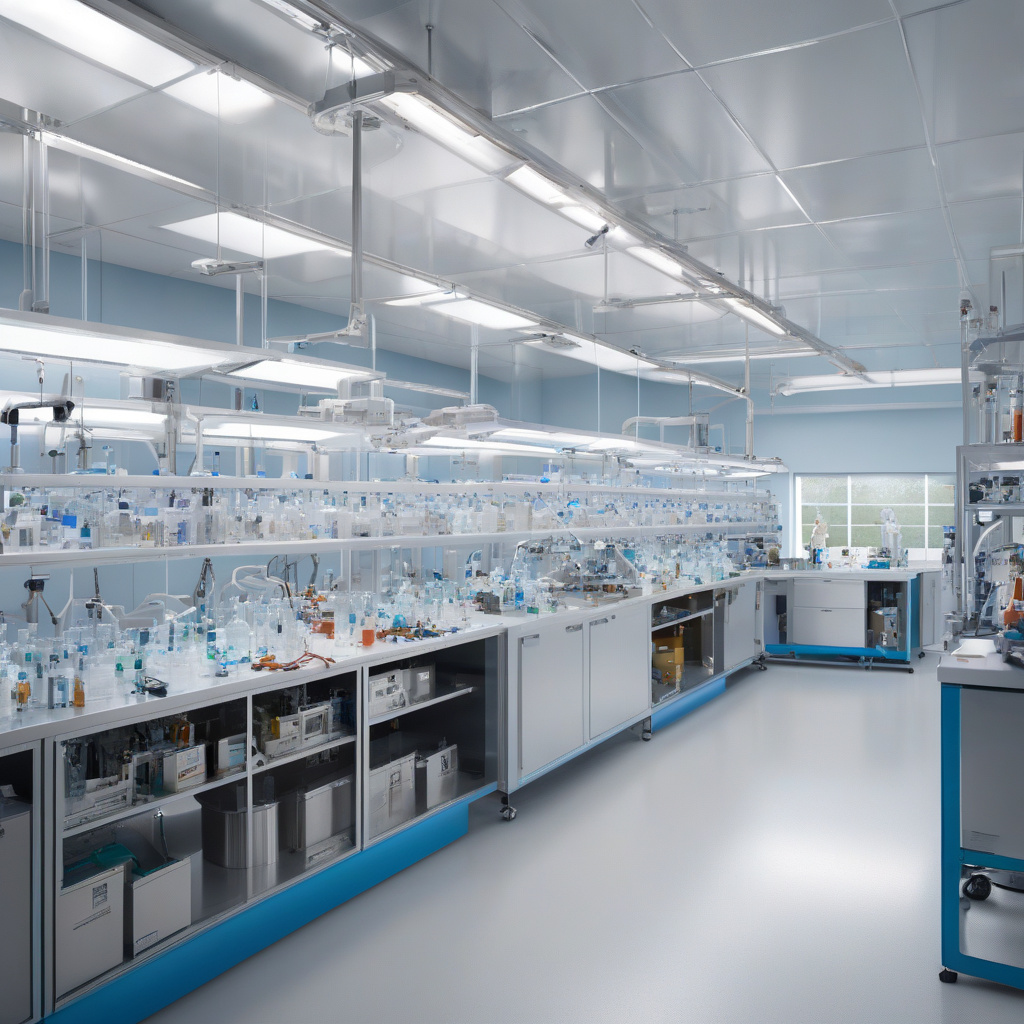Scientists in Germany Develop Innovative EV Battery Recycling Method for Dry-Processed Cathodes
Scientists in Germany have paved the way for more sustainable, cost-effective, and circular battery production with the development of a groundbreaking method for recycling EV batteries with dry-processed cathodes. This innovative approach marks a significant milestone in the quest for efficient and environmentally friendly solutions to the growing e-waste problem posed by the increasing popularity of electric vehicles.
Traditional methods of recycling lithium-ion batteries involve time-consuming and resource-intensive processes that often result in the loss of valuable materials and high costs. However, the new technique developed by the German scientists promises to revolutionize the way EV batteries are recycled, offering a more efficient and sustainable alternative.
The key to this groundbreaking method lies in the use of dry-processed cathodes, which significantly simplifies the recycling process. By eliminating the need for time-consuming and energy-intensive steps such as drying and grinding, the new method streamlines the recycling process, making it more cost-effective and environmentally friendly.
In addition to its efficiency, the new recycling method also boasts impressive results in terms of material recovery. By using dry-processed cathodes, the scientists were able to recover up to 98% of the valuable materials from spent EV batteries, significantly reducing the amount of waste generated during the recycling process.
Moreover, the use of dry-processed cathodes also has the potential to lower the overall cost of battery production, making electric vehicles more affordable and accessible to a wider range of consumers. By reducing the reliance on expensive and scarce materials, this innovative recycling method could help drive down the cost of EV batteries, ultimately making electric vehicles more competitive with traditional combustion engine vehicles.
Beyond its economic benefits, the new recycling method also has important implications for environmental sustainability. By enabling the recovery of a higher percentage of materials from spent EV batteries, the new technique helps reduce the demand for raw materials, lowering the environmental impact of battery production and contributing to a more circular economy.
As the demand for electric vehicles continues to rise, finding sustainable and cost-effective solutions for battery recycling will be crucial to ensuring the long-term viability of this technology. The development of the new recycling method for dry-processed cathodes represents a significant step forward in this direction, offering a promising solution to the challenges posed by the end-of-life management of EV batteries.
In conclusion, the innovative recycling method developed by scientists in Germany holds great promise for the future of EV battery production. By streamlining the recycling process, improving material recovery rates, and reducing costs, this groundbreaking technique has the potential to revolutionize the way we approach battery recycling and contribute to a more sustainable and circular economy.
#Germany, #EVbatteries, #recyclingmethod, #sustainability, #innovation












